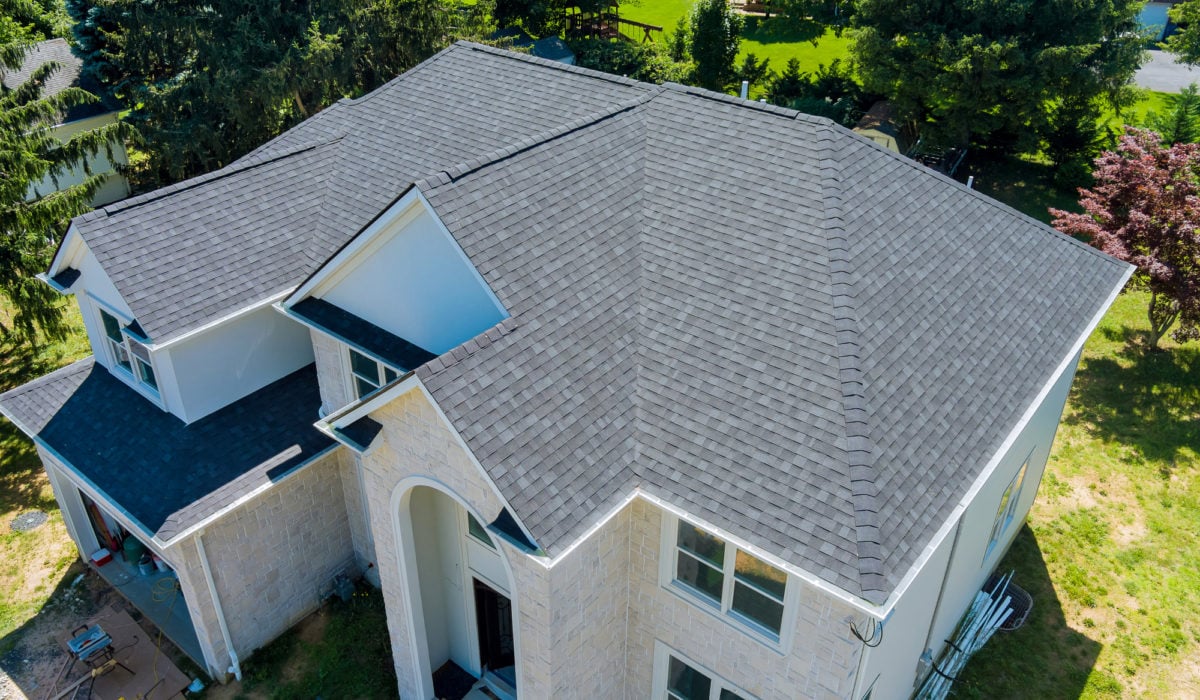- 0 Comment
How to Know Whether to Repair, Patch, or Replace Your Roof
Your roof is one of the most critical components of your home’s structure. It protects you and your belongings from the elements and plays a significant role in your home’s overall appearance and energy efficiency. However, like all things, roofs have a limited lifespan and may require maintenance, repairs, or even replacement over time. So, how do you know whether to repair, patch, or replace your roof? In this blog, we’ll explore the factors to consider when making this important decision.
1. Roof Age
The age of your roof is a crucial factor in determining whether it’s time for repairs, patching, or a full replacement. Asphalt shingle roofs typically last about 20 to 30 years, while other materials like metal or tile can last significantly longer. If your roof is nearing the end of its expected lifespan, it may be more cost-effective to replace it rather than continually investing in repairs and patches.
2. Roof Inspection
Regular roof inspections by a qualified professional can help you identify potential issues early on. If your roof has minor damage or leaks in a specific area, it may be possible to patch or repair the problem without replacing the entire roof. However, if the inspection reveals extensive damage or widespread issues, it may be time for a full replacement.
3. Type of Damage
The type and extent of damage to your roof will also influence your decision. Small, isolated problems like a few missing shingles or a minor leak can often be patched or repaired. However, if you’re dealing with extensive water damage, widespread shingle deterioration, or structural issues, a replacement may be necessary to ensure the long-term integrity of your roof.
4. Cost Considerations
Budget plays a significant role in the decision-making process. Roof repairs and patching are generally more budget-friendly in the short term compared to a complete roof replacement. However, it’s essential to consider the long-term costs. If your roof requires frequent repairs, the cumulative expenses may eventually surpass the cost of a replacement. Additionally, a new roof can add value to your home and potentially lower your energy bills, making it a wise investment in the long run.
5. Energy Efficiency
Older roofs may not provide adequate insulation and energy efficiency, which can result in higher heating and cooling costs. If you notice your energy bills are steadily rising, it might be time to consider a roof replacement with modern, energy-efficient materials. This can lead to long-term savings and increased comfort in your home.
6. Roof Material
The type of roofing material you have can impact your decision. Some materials, like metal or slate, are incredibly durable and can last for decades with minimal maintenance. Others, like asphalt shingles, are more susceptible to wear and tear over time. When deciding whether to repair or replace, take into account the material’s lifespan and its current condition.
7. Future Plans
Consider your long-term plans for the property. If you plan to sell your home in the near future, a new roof can be a valuable selling point and potentially increase your home’s market value. On the other hand, if you intend to stay in your home for many years, investing in a replacement roof can provide peace of mind and ensure the long-term protection of your property.
8. Local Climate
Your local climate can also influence your decision. Homes in areas prone to extreme weather conditions, such as hurricanes or heavy snowfall, may require more robust roofing materials and regular maintenance. If your roof has been subjected to severe weather events, it’s essential to assess the extent of the damage and consult with a roofing professional to determine the best course of action.
In conclusion, deciding whether to repair, patch, or replace your roof is a significant decision that involves multiple factors. Roof age, type of damage, cost considerations, energy efficiency, roof material, future plans, and local climate all play a role in making an informed choice. It’s essential to consult with a reputable roofing professional to assess your specific situation and provide expert guidance. Ultimately, investing in the right solution for your roof will ensure the safety, comfort, and value of your home for years to come.

